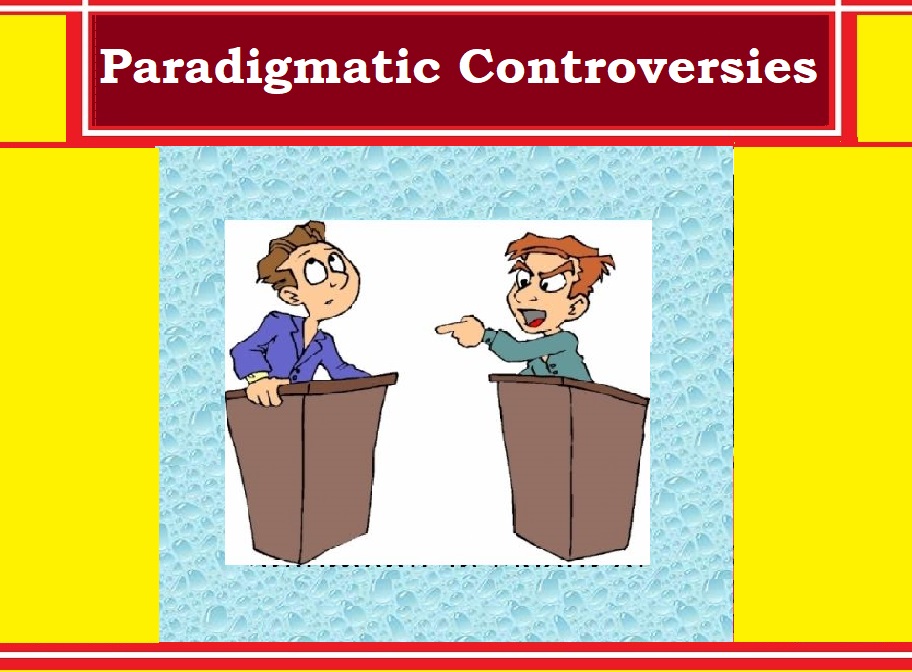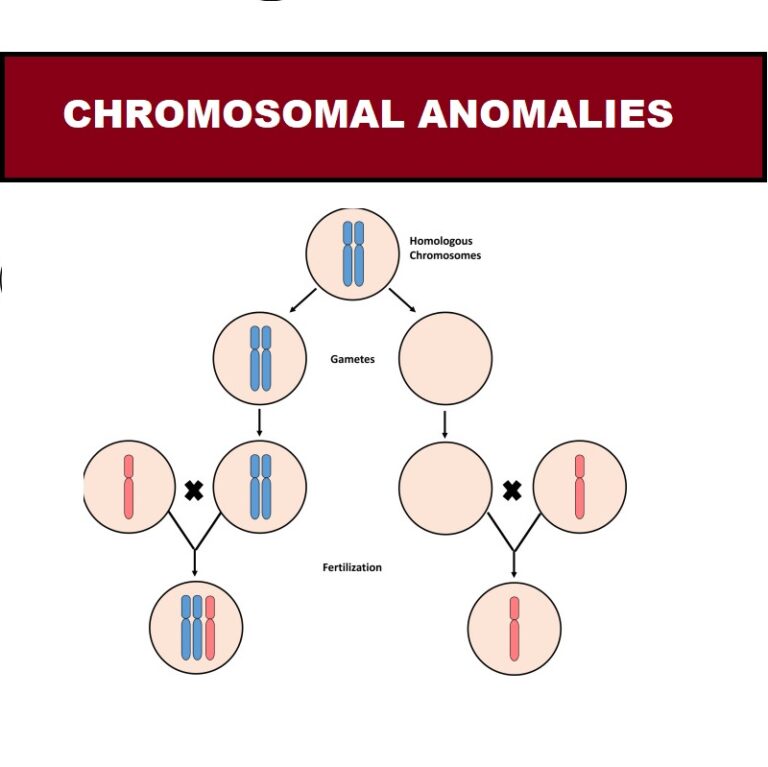
#Psychology, as an ever-evolving discipline, is grounded in various paradigms that shape the ways researchers explore human behavior and cognition. These paradigms did not emerge in isolation; they are products of historical contexts, philosophical debates, and scientific advancements. For example, positivism gained prominence in the 19th century alongside the rise of the natural sciences, reflecting the era’s focus on empirical and observable phenomena. In contrast, paradigms such as existential phenomenology arose in the early 20th century, shaped by intellectual movements questioning the mechanistic view of human existence and emphasizing subjective experience. Understanding these historical trajectories provides a richer context for evaluating their contributions and controversies in modern psychological research. Among these paradigms, #Positivism, #Post-Positivism, #Critical Perspective, #Social Constructionism, #Existential Phenomenology, and #Co-operative Inquiry stand out as influential yet often conflicting frameworks.
Paradigmatic Frameworks and Their Philosophical Underpinnings
1. Positivism
- Ontology: Assumes a single, objective reality that exists independently of human perception.
- Epistemology: Advocates for knowledge acquisition through empirical observation and logical reasoning.
- Methodology: Focuses on experiments, quantification, and hypothesis testing.
Example: Behaviorism, grounded in positivism, emphasizes observable behaviors over subjective experiences (Watson, 1913).
Criticism: Positivism’s rigidity often overlooks the complexity and subjective nuances of human experience, as illustrated by studies critiquing its inability to address phenomena like emotional states and cultural influences. For example, researchers such as Danziger (1997) have argued that the positivist focus on quantifiable variables fails to account for the rich, contextual factors that shape human behavior, such as historical and social constructs.
2. Post-Positivism
- Ontology: Accepts an objective reality but acknowledges that it can never be fully understood.
- Epistemology: Recognizes the role of human interpretation in shaping knowledge.
- Methodology: Embraces falsifiability, triangulation, and the use of mixed methods.
Example: Cognitive-behavioral studies integrate controlled experiments with interpretive elements to explore mental processes (Neisser, 1967).
Criticism: While more flexible than positivism, post-positivism still prioritizes objective measures over subjective understanding. However, its influence on modern psychological practices is undeniable, particularly in the adoption of mixed-methods research and evidence-based practices. For instance, post-positivism has shaped advancements in clinical psychology, where randomized controlled trials are complemented by qualitative case studies to capture nuanced patient experiences (Kazdin, 2008). This paradigm has also informed frameworks such as the biopsychosocial model, which integrates biological, psychological, and social dimensions of health.
Table 1: Comparison of Positivism and Post-Positivism
| Aspect | Positivism | Post-Positivism |
|---|---|---|
| #Ontology | Objective reality | Objective but partially knowable reality |
| #Epistemology | Empirical observation | Acknowledges theory-laden observations |
| #Methodology | Experiments, quantification | Mixed methods, triangulation |
3. Critical Perspective
- Ontology: Reality is shaped by power structures and social inequalities.
- Epistemology: Advocates for knowledge that challenges oppression and promotes social justice.
- Methodology: Employs participatory and action-oriented methods.
Example: Feminist psychology critiques androcentric biases in traditional research methods (Gilligan, 1982).
Criticism: Critics argue that the critical perspective risks prioritizing advocacy over empirical rigor, particularly in cases where ideological commitments influence the research agenda. For example, some scholars have highlighted tensions between emancipatory goals and methodological neutrality in feminist psychology (Gilligan, 1982) and critical race studies (Ladson-Billings, 1998), raising questions about the balance between activism and evidence-based inquiry.
4. Social Constructionism
- Ontology: Reality is socially constructed through language and interaction.
- Epistemology: Knowledge is context-dependent and co-created.
- Methodology: Utilizes qualitative methods like discourse analysis and ethnography.
Example: Research on gender identity highlights how societal norms shape individual experiences (Butler, 1990).
Criticism: Overemphasis on relativism may undermine efforts to address universal psychological phenomena.
Table 2: Critical Perspective vs. Social Constructionism
| Aspect | Critical Perspective | Social Constructionism |
| Focus | Power and inequality | Social and linguistic processes |
| Methodology | Participatory methods | Qualitative analysis |
5. Existential Phenomenology
- Ontology: Emphasizes individual existence and subjective experience.
- Epistemology: Advocates for understanding human experience from the first-person perspective.
- Methodology: Employs phenomenological interviews and interpretive analysis.
Example: Research on existential anxiety explores how individuals find meaning in life despite its inherent uncertainties (Heidegger, 1927).
Criticism: The subjective focus may limit generalizability and applicability to broader populations.
6. Co-operative Inquiry
- Ontology: Reality is co-created through shared experiences and dialogue.
- Epistemology: Emphasizes participatory knowledge generation.
- Methodology: Combines cycles of reflection and action in collaborative settings.
Example: A study involving therapists and clients collaboratively exploring therapeutic outcomes (Heron & Reason, 1997).
Criticism: Co-operative inquiry is time-intensive and may face challenges in balancing power dynamics.
Table 3: Paradigmatic Diversity in Psychology
| Paradigm | Ontology | Epistemology | Methodology |
| Positivism | Objective reality | Empirical observation | Experiments, quantification |
| Post-Positivism | Partially knowable reality | Theory-laden observation | Mixed methods |
| Critical Perspective | Reality shaped by power | Emancipatory knowledge | Participatory action research |
| Social Constructionism | Socially constructed reality | Context-dependent knowledge | Discourse analysis |
| Existential Phenomenology | Subjective existence | First-person understanding | Phenomenological analysis |
| Co-operative Inquiry | Co-created reality | Participatory knowledge | Cycles of reflection and action |
Paradigmatic Controversies: Implications and Resolutions
1. Fragmentation of the Field
The coexistence of multiple paradigms has fragmented psychology, leading to siloed subfields and limited interdisciplinary collaboration.
2. Methodological Tensions
Conflicts arise over the relative merits of quantitative versus qualitative methods, often reflecting deeper epistemological divides.
3. Ethical and Practical Challenges
Paradigms like the critical perspective and co-operative inquiry challenge traditional power dynamics but may face resistance from institutional norms.
Towards Integration
- Eclecticism: Combining paradigms to address complex phenomena (e.g., biopsychosocial models).
- Mixed-Methods Research: Bridging quantitative and qualitative approaches to provide holistic insights.
- Meta-Paradigmatic Frameworks: Developing overarching frameworks that integrate diverse perspectives (e.g., Bronfenbrenner’s ecological systems theory).
Conclusion
The paradigmatic controversies in psychology reflect the richness and complexity of the field. Addressing these debates can pave the way for innovative methodologies, foster interdisciplinary collaboration, and ensure a more comprehensive understanding of human behavior, ultimately enriching the discipline’s future trajectory. While these debates can create divisions, they also drive innovation and critical reflection. By embracing pluralism and fostering dialogue across paradigms, psychology can continue to evolve as a discipline that addresses the full spectrum of human experience. Future research should focus on integrative approaches that honor the unique contributions of each paradigm while addressing their limitations.
References
- Butler, J. (1990). Gender Trouble: Feminism and the Subversion of Identity. Routledge.
- Gilligan, C. (1982). In a Different Voice: Psychological Theory and Women’s Development. Harvard University Press.
- Heidegger, M. (1927). Being and Time. Harper & Row.
- Heron, J., & Reason, P. (1997). A participatory inquiry paradigm. Qualitative Inquiry, 3(3), 274-294.
- Neisser, U. (1967). Cognitive Psychology. Appleton-Century-Crofts.
- Watson, J. B. (1913). Psychology as the behaviorist views it. Psychological Review, 20(2), 158-177.







